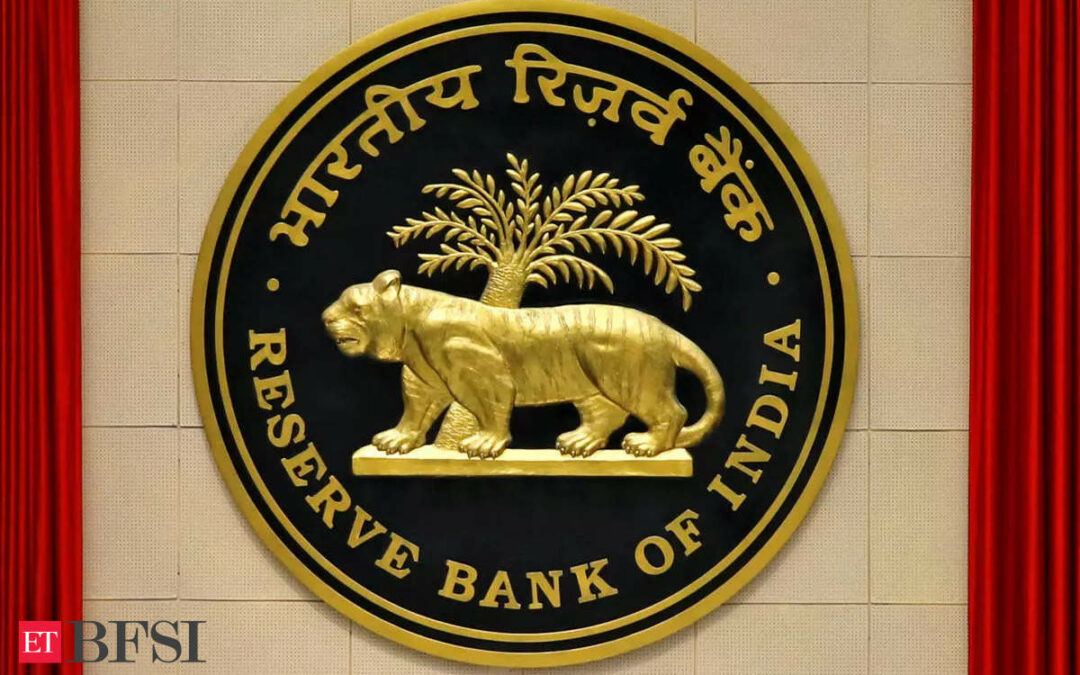A sustained fall in India’s core retail inflation and subdued inflationary pressures could prompt the Reserve Bank of India’s (RBI) rate-setting panel to ease its policy stance to ‘neutral’ as early as next month, economists said.
India’s monetary policy committee (MPC) has kept the key policy repo rate unchanged after raising it by 250 basis points (bps) between May 2022 and February 2023 to battle high inflation. The MPC has since April 2022 been focussed on “withdrawal of accommodation” as part of its policy stance to ensure inflation aligns to its 4% target.
“There is a compelling case for shift in stance based on inflation outlook, global financial conditions, liquidity situation and real policy rates,” economists at ICICI Securities Primary Dealership said in a note.
“We attach a high probability that couple of external members (of the rate-setting panel) may vote for such a shift in the next meet.”
The rate-setting panel meets next on Feb. 6-8.
India’s headline retail inflation accelerated to 5.69% on year in December from 5.55% in the previous month, but core inflation, which strips out volatile food and energy prices, fell to 3.8%-3.9% from 4.05%-4.2% in November, according to economists.
Core inflation has moderated to a near-four-year low, despite solid economic growth and repeated supply-side food shocks, Nomura said, pegging headline to fall to around 5% in January and core inflation to 3.5%.
Nomura expects the MPC to cut policy rates by 100 basis points between August and March, with risks skewed towards earlier rate cuts.
Economists at Citi said that while their base case for a change in stance is the April meeting, February has now become a “live policy”.
“Possibility of a change in monetary policy stance to neutral was discussed in the December MPC meeting itself and highlighted by the external members,” the economists said.
“A sustained fall in core inflation is likely to make those voices louder in the February meeting.”










